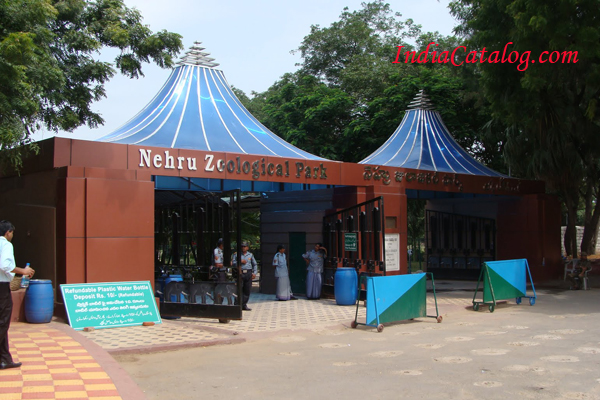GST Council meet: Exporters get virtual tax waiver, 27 items see tax cut, quarterly returns for over 90 pct of taxpayers now
.jpg)
The Goods and Services Tax (GST) Council on Friday approved a number of steps to alleviate the new regime-related pains of small businesses and exporters and suspended the implementation of the cumbersome e-way bill and reverse charge mechanisms till the end of the current financial year. While the tax rates on some 27 high-consumer-interest items have been reduced — exactly a month ago, it had cut the rates on 30 items — the council also resolved to revisit the complex taxation structure it imposed on restaurant business. The sweeping changes approved by the Centre-state council reflected the government’s appreciation of the enormity of problems the new tax, with its complicated design, multiple rates and intrusive rules have created for businesses.
While GST was meant to cool prices — the government had claimed that it would eventually bring down inflation by 2 percentage points — it has proved to be inflationary at least in the interim (retail inflation increased to 3.36% in August from 2.26% in July).
Finance minister Arun Jaitley said given the delays in refunding the taxes paid by exporters, an interim arrangements have been put in place by empowering both the central and state tax officials to reimburse exporters against their July GST payment by October 10 and against August taxes by October 18.
Significantly, while the government has so far been firm that pre-GST exemption system for exporters can’t continue in the GST regime, it now allowed exporters tax waiver till March 31, 2018.
Merchant exporters will be able to avail of exemption under advance-authorisation, EPCG and 100% EOU schemes till the end of this financial year. The facility is against payment of nominal tax of 0.1% by manufacturers in the supplies to merchants, so that the GST chain is uninterrupted. Exporters have been worried over the delayed refunds welcomed the changes, as these would help address their liquidity problems.
The turnover threshold for the benign composition scheme has been raised to Rs 1 crore from Rs 75 lakh earlier, which means lakhs more small businesses can now pay the normative taxes of 1% (traders) 2% (manufacturers) and restaurants (5%) and file the returns in a quarterly basis. Besides, units up to Rs 1.5 crore turnover have also been allowed to file quarterly — instead of monthly — returns, a move that would allow 90% of the non-composition GST registrants to shift to the easier system of filing returns every quarter.
Jaitley said a group of state finance ministers has been tasked with examining certain other proposals to reduce the taxpayers’ compliance burden: Whether to allow units with interstate sales to opt for composition scheme; whether exempt goods need to be counted for computing the composition-scheme turnover; whether the manufacturing units paying 2% tax on turnover be allowed input tax credit.
The group of minister, which will also review the tax structure for restaurants, would submit its report expeditiously in two weeks, Jaitley said. Sources said the council has taken an in-principle decision to tax restaurant services at 12%, ending the distinction between air-conditioned (currently taxed at 18%) and non-air-conditioned restaurants (12% tax at present). The question is whether lower tax could be without the benefit of input tax credit, most restaurants are found to not passing on the benefit of ITC availed to the customers.
An e-wallet system, a virtual currency meant for refund of taxes to exporters on the basis of past records or confirmed orders, would be introduced from next financial year. This would allow resumption of the tax refund system without creating hassles and working capital problems for exporters. Pratik Jain, leader, indirect tax, PwC, said : “Deferring reverse charge mechanism on purchases from unregistered dealer is a step in the right direction, which will avoid complex paperwork by purchasers. Exporters got a major relief by way of upfront exemption of GST on purchases till March 2018. Also for July and August, refunds are proposed to be given in a timely manner. Proposal of an e-wallet mechanism from April 2018 seems to be interesting but would entail significant IT changes.”
As regards the works contracts in the government sector, the GST rate has been reduced from 12% to 5% if the labour content in the contract is 75% or higher, but subject to the rider that there is no overflow of input tax credit as a result.

.webp)
.webp)
.webp)
.webp)
.webp)
.webp)
.webp)
.webp)
.webp)
.webp)













